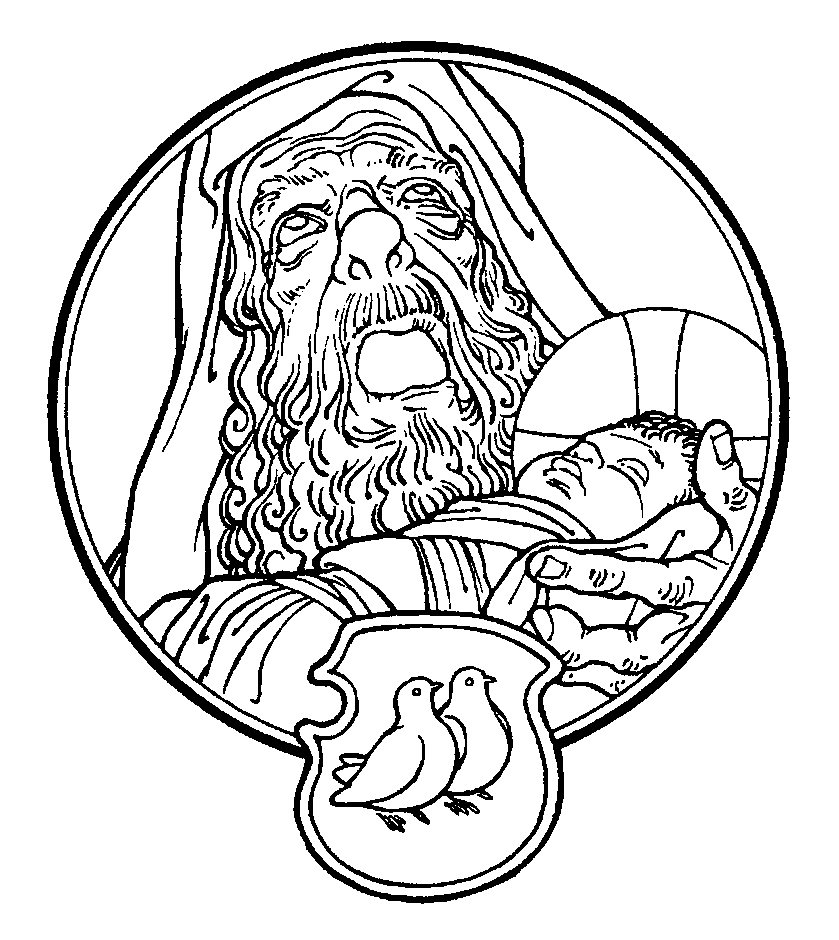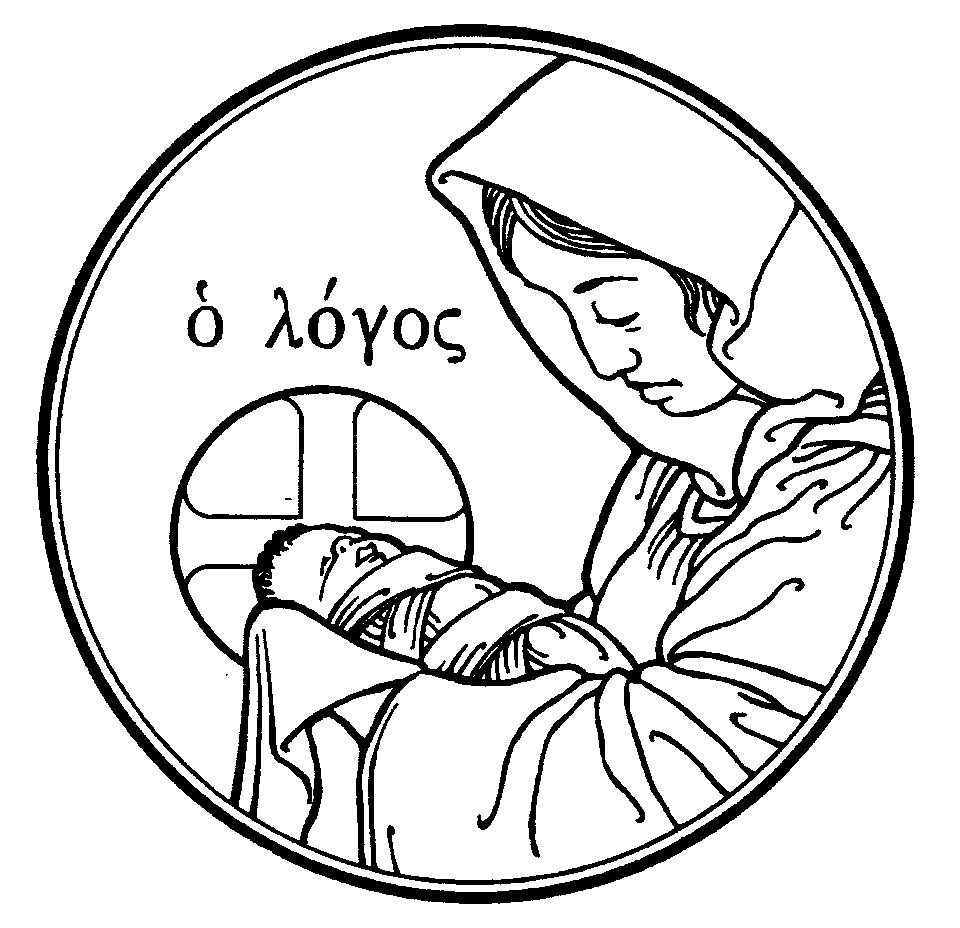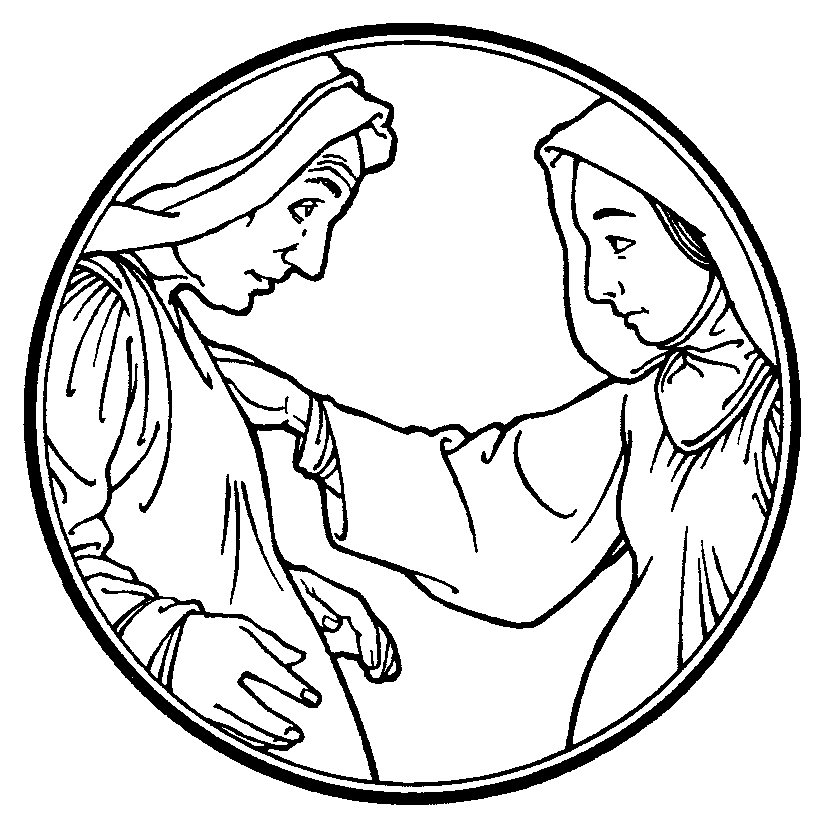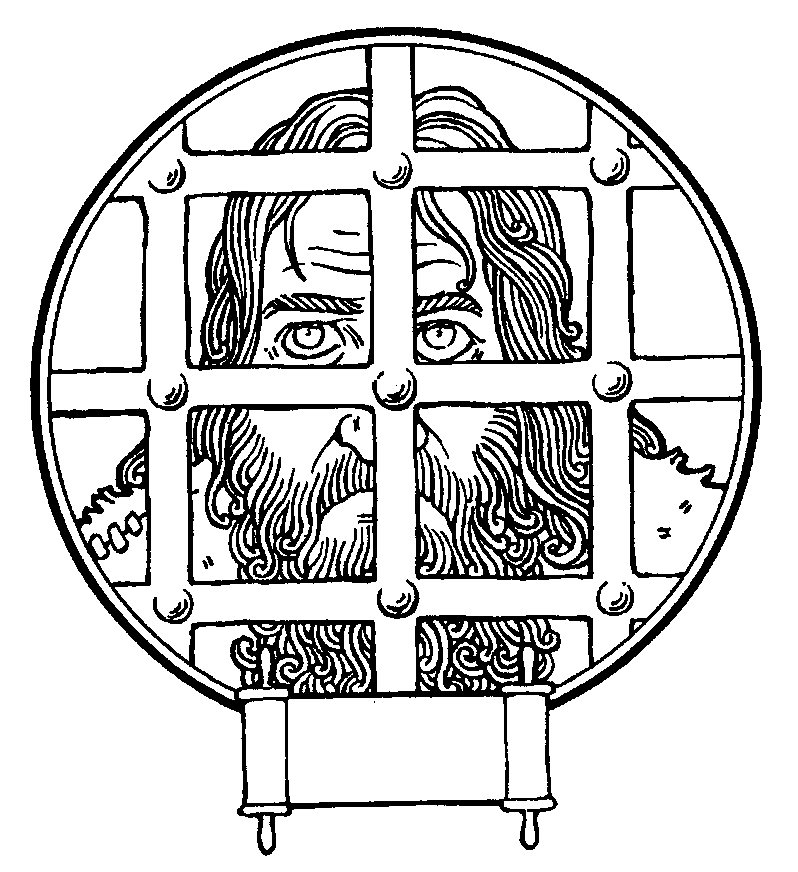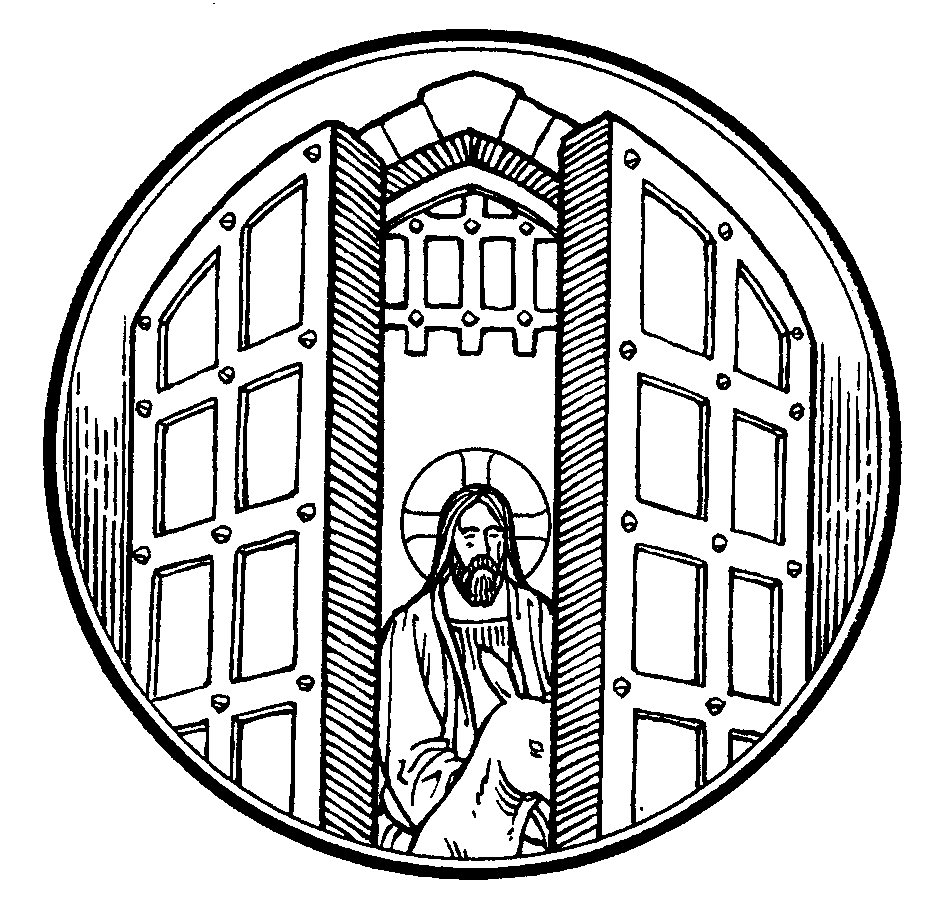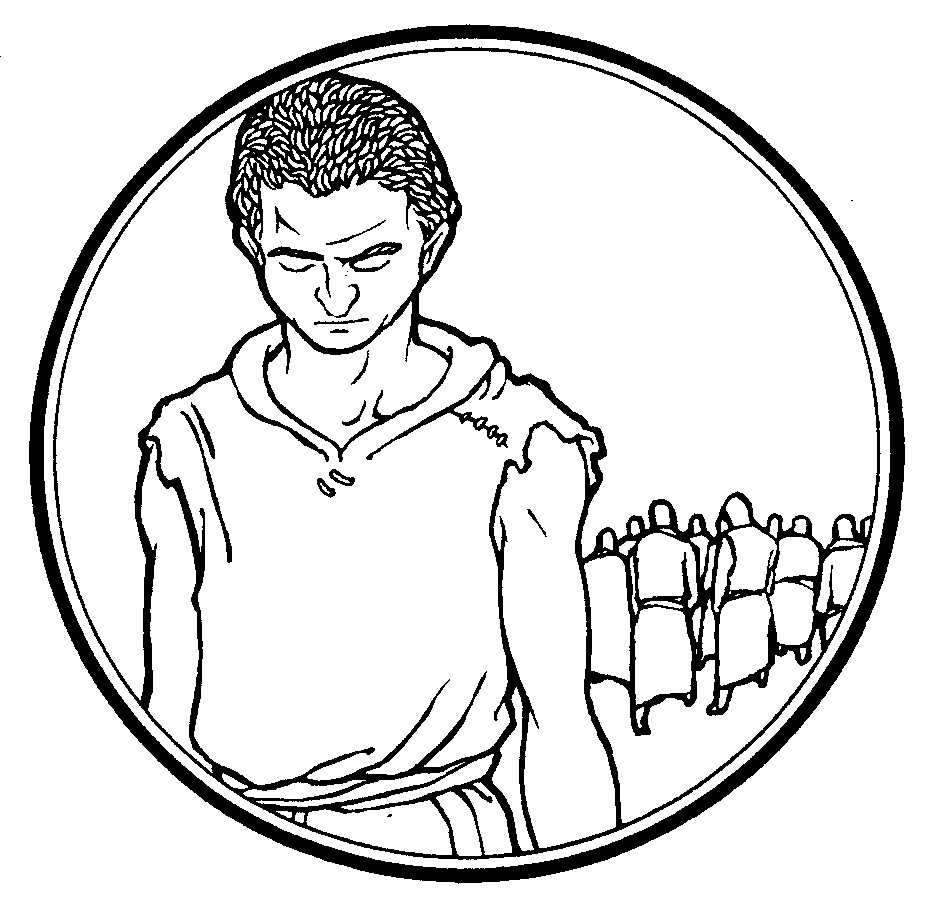
Today, we heard the words, “This is My beloved Son; with Whom I am well pleased”. This was spoken by God the Father to His beloved Son immediately following His baptism in the Jordan River. Why was God the Father pleased with His beloved Son? God was pleased because Jesus was baptized.
This isn’t the same as when we baptize our children or we see our grandchildren baptized or any other person baptized and we are pleased by it. This was different.
WHY was Jesus baptized? Isn’t baptism for sinners who need to be turned from sin? That’s what God tells us in His Word. “Repent and be baptized for the forgiveness of all your sin” also “Baptism now saves you.” Was Jesus sick and infected with the deadliness of sin that infects each and every one of us? Was He in need of the life-giving medicine of Holy Baptism? No, not by His nature. He was not a sinner, He was not infected with sin like men and women; He was the perfect Son of God. John the Baptizer also knew that. Matthew tells us that John actually would have prevented Jesus from being baptized because he knew who Christ was—the blameless and perfect lamb of God, who takes away the sin of the world. Jesus didn’t need to be baptized because He had no sin to repent of…yet Jesus came to be baptized and was baptized. To John’s objections, Jesus said that this baptism was done to fulfill all righteousness. This answers the question “why did this baptism please the Father?”
This pleases the Father, because in this baptism Jesus, God’s Son, was indeed fulfilling all righteousness. Jesus was taking the place of sinners. He was substituting His righteousness in the place of sinners by becoming the scape goat upon which the sins of all people was laid. Notice also where Jesus comes from in order to be baptized—out of the midst of sinners. Out of the midst of that repentant crowd thronging John, those seeking a baptism of forgiveness of sin, Jesus steps into the waters of baptism. He steps out of the water as the perfect substitute for you and me; He steps out as one placed under the name of “sinner” except He Himself was without sin and guilty of none. In other words, in His baptism, Jesus was repenting in our stead, repenting for all actual sinner, He is the fulfiller of true repentance, true contrition, and true faith. Jesus was not being washed clean in the waters of Baptism as one who needed His sins washed away. Rather, He was fulfilling the Law as the true substitutionary sacrifice for us. Again, He became and was the scape goat placing your sins and mine upon His head so that our sin and our trespasses would be taken from us in Holy Baptism.
As the one who takes our place in this Old Testament baptism, Jesus was sanctifying, that is, He was making holy the water for the Holy NT baptism that He would establish in the name of the Father and of the Son and of the Holy Spirit which gives the power of His atoning sacrifice at the cross which was part of the “fulfilling all righteousness”. The baptism of Jesus is now a sign of the power of all Christian baptisms done in His name and by His gracious command. Another way to look at it is that, you could almost say Jesus is in His baptism for our baptism serving as a sin filtration plant. All the filth and death of sinners goes into the water and is absorbed by Christ here at His baptism to be taken away from us and to His cross upon which He would die. Now all that flows through Christ and from Christ is holy, pure, and life-giving, including the gift of Holy baptism which imparts forgiveness of sins and the Holy Spirit giving faith.
This last week we celebrated Epiphany, which celebrates the manifestation, the revealing of God and His mercy in the person of Jesus Christ to the Gentile wise men who followed His star and came to worship Him. Here in Jesus Christ’s baptism, God’s plan and promise of salvation for all mankind was being manifested; being revealed in the person of Christ right there in the Jordan River. The Holy Spirit in the form of a dove shows that in Jesus Christ, God and Man are now reconciled in that righteousness that He was fulfilling as the sinners’ substitute as He began His earthly ministry. And the Father’s voice affirms that this Jesus was His Son who was fulfilling His Father’s saving will.
We can recognize the significance of Christ being baptized by John. He fulfills the role of our substitute, the go between. He, at the river Jordan already stands between you and your sin which would condemn you and God in His righteous wrath against your sin. Why? because Jesus wasn’t just baptized and then forgot about it. He took that sign of sinner taking the sin of the world and its burden all the way to the cross to die where we deserved to die forever because of our sin.
Christ then gives us again His victorious righteousness through His means of Grace. This is what St. Paul is talking about in the Epistle lesson for today. We were not wise, nor powerful, nor of noble birth. Sinners admit that they are low and beneath God’s standards. We are not worthy of being saved by our innate “goodness”. Yet this admission of guilt and humiliation is considered foolishness to the world. The world takes pride in sin, and calls that pride “wisdom and power” and even sometimes nobility. But we who admit that we are sinners and need this salvation, will admit to the world, “yes, if you think repentance and faith is foolish, then yes, I am a fool. I am a fool for Christ. And I will boast in the Lord.”
We have been baptized into the blood of the One who was considered the lowest of the low, the most despised and foolish One, the One who suffered death and humiliation though He deserved none of it. Yet it was by this lowly man who was also the Son of God, that God in weakness shows His strength, in whom and through whom the wisdom and the revelation of God are made known. To the world; foolishness. To those who are being saved, the greatest of knowledge, salvation, and wisdom: Jesus Christ crucified and raised for our sin. Through this same Jesus, God will bring to nothing the pride of this world and its Satanic prince.
Dear brothers and sisters, you are in Christ Jesus, who became to us wisdom from God, righteousness and sanctification and redemption, so that, as it is written, “Let the one who boasts, boast in the Lord.”
The victories of Christ’s death and resurrection continue to flow into our lives and are made ours by Christ Himself through the waters of Holy Baptism. We cannot ascend into heaven and secure this eternal victory for ourselves. We cannot overcome our sin, the temptation of our flesh, the accusations of the devil, nor the threat of death. That’s why in baptism, God brings the victory of the cross to us. Through it the Holy Spirit has come to us by the power of His Word working through the water and we are anointed with His name. We were baptized into Jesus Christ’s death, buried with Him, so that we would die to sin. This was done so that just as Christ was raised from the dead we too might walk in newness of life and be united with Him in a resurrection like His. In baptism, Christ’s victories are, in God’s eyes, made our victories. Now we are set free from sin as we live with Christ.
For the faith that clings fast to the promise and Word of God in baptism, there is nothing to fear on this side of eternity; not sickness, not suffering, not even death! Why? Because we are baptized by God into Christ, He who overcame and crushed all of these things for us. Death no longer has dominion over Him, the same is now true for baptized believers who have been baptized into His death, His resurrection, and now live by faith in Him as He lives in them.
A baptismally alive faith in Jesus Christ also can’t help but freely share this Good News with others. God has chosen to use the simple means of the faithful confession of each and every baptized person to make known the wonderful news that all mankind is forgiven in the life, death, and resurrection of Jesus Christ. He uses that simple confession and witness to bring others to the waters of Holy Baptism. Will people mock you, tell you that you are so preachy or a foolish fanatic? So be it! Through you, God is still manifesting and making Christ known to a world buried in sin and darkness. God doesn’t call you to give a grand dissertation or offer up your opinion or offer up some mathematical proof to the world regarding His working of salvation in Christ. He doesn’t call you to speak about anything other than what He has already done for you and for the entire world in the work and person of Jesus Christ: namely forgiveness, joy, life, and freedom from sin, death, and the devil.
God grant you the strength, the courage, and the peace that comes with sharing and living in the blessed realities of the life that has been baptized into our Lord and Savior, Jesus Christ. What have you to fear? You ARE baptized into Christ. You ARE a child of paradise. As you confess and stand firm in that faith in Jesus Christ and for His sake the Father says to you “You are My beloved child, with whom I am well pleased”! In Jesus Christ’s name, Amen
Pr. Aaron Kangas

